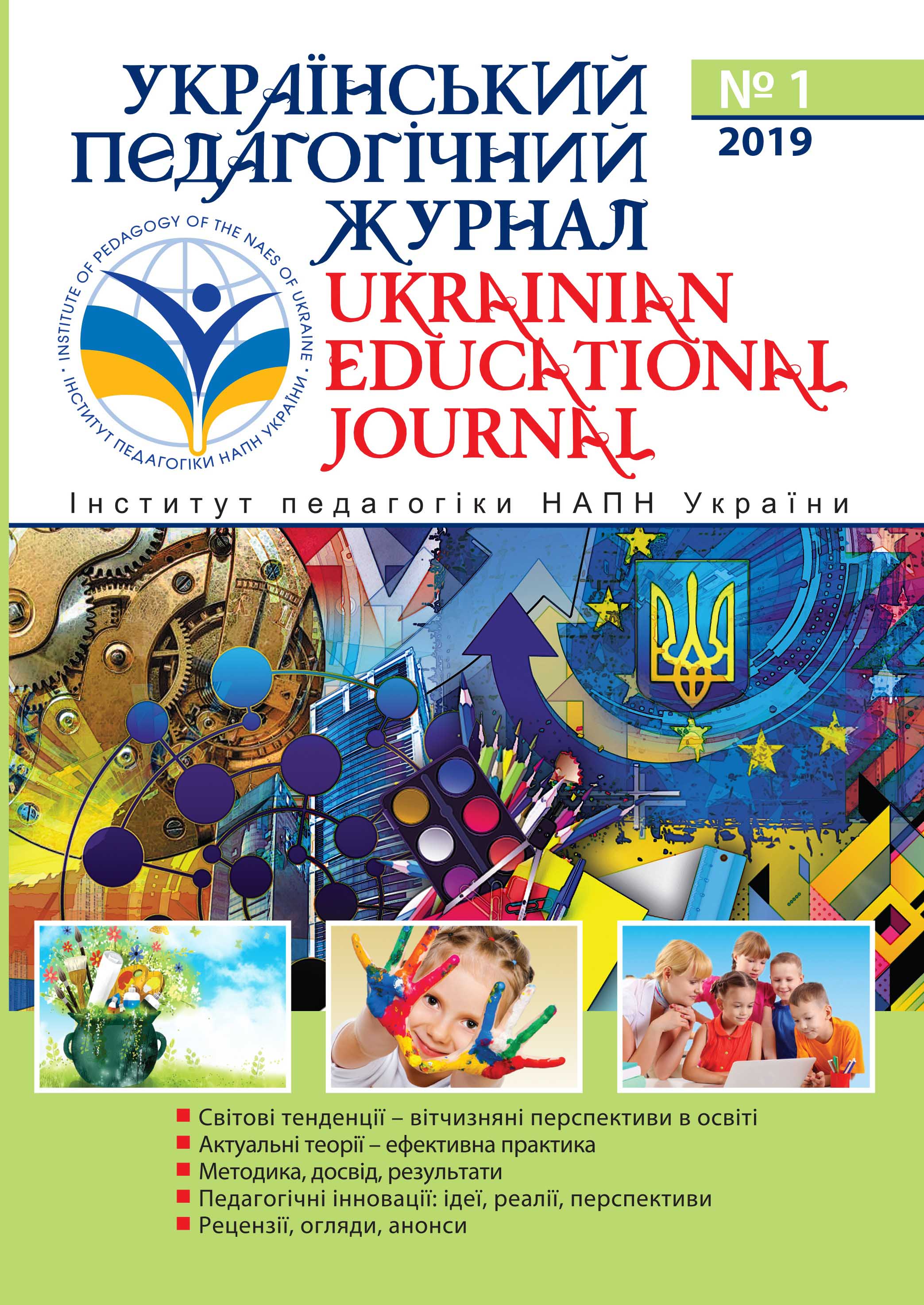Анотація
У статті розглядається питання дидактичних засад упровадження формувального оцінювання навчальних досягнень учнів 1 і 2 класів в умовах Нової української школи. Аналізуються вітчизняні й зарубіжні педагогічні джерела, присвячені проблемі впровадження формувального оцінювання в освітній практиці. Запропоновано авторське бачення технології конструювання інструментарію формувального оцінювання навчальних досягнень учнів першого циклу навчання, заснованої на теорії поетапного формування розумових дій Петра Гальперіна і таксономії рівнів засвоєння діяльності Володимира Беспалька, що зумовило визначення складності діагностувального завдання для кожного етапу процесу навчання.

Ця робота ліцензується відповідно до Creative Commons Attribution-NonCommercial-ShareAlike 4.0 International License.

